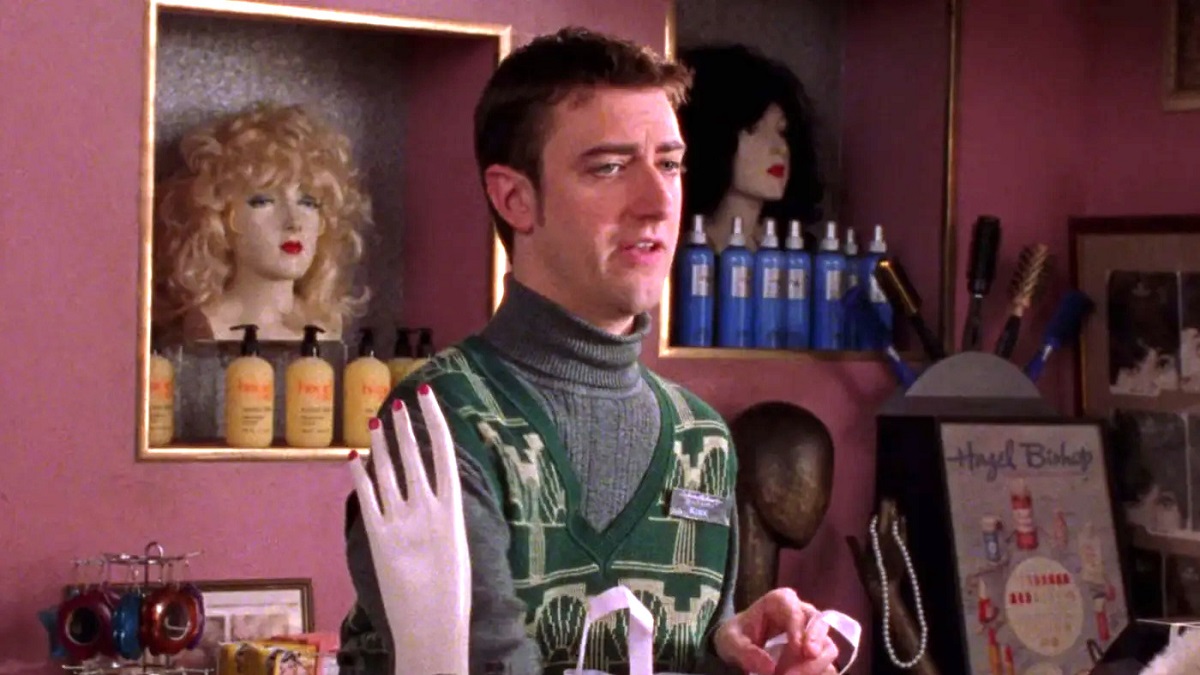The battle on the picket line rages on — with nary an end to the striking in sight for either the WGA or SAG-AFTRA — and the straits only get more dire for everyone as time goes on; not only have Hollywood producers kept their heinous promise of withholding negotiations up until and beyond when creatives started losing their homes, but the already sour reputations of Netflix and so many other entertainment entities are getting their shady practices revealed more and more with every passing day (rightfully so, perhaps, but the point remains).
Although, if there’s one area that the streamer has a worse grasp on than business ethics, it has to be its woefully substandard approach to the action genre; from picking projects to getting the ball rolling, it just can’t seem to crack the code despite finding accidental success every other day.
It’s nice that everyone suddenly loves Gilmore Girls; it would be even nicer if the people who made it were compensated appropriately

Gilmore Girls alum Sean Gunn has been one of the most vocal champions for writers and actors alike ever since the strikes began, and with the aforementioned sitcom having made some impressively lucrative viewership rounds on Netflix since it first landed on the streamer, you can bet that that Guardians of the Galaxy star has some comments on the laughable residuals that have come from it.
Indeed, the younger brother of James Gunn is still rightfully displeased with the relatively non-existent payments that have come to him and the rest of the cast despite the show raking in substantial revenue for the streamer. There’s satisfaction to be had in landing a brand-new generation of fans for your work, to be sure, but work is still work, and it’s high time that that little nuance got the respect it deserves.
And if you think that’s bad, wait until you hear how Korean creatives are treated

For those of you not in the know, because Netflix is a streaming service rather than a broadcaster – it is under no contractual obligation to pay any residuals at all to the overseas creatives behind South Korean hits such as Squid Game, Hellbound, The Silent Sea, or countless other originals that shore up a sizable amount of Netflix’s international library. And — as you can imagine — Netflix is quite happy to not pay when it doesn’t have to.
An unnamed Korean industry executive described Netflix’s relationship with Korean entertainment as having given up “profit for exposure,” with another noting that the streamer’s overwhelming budgets and star power have cleanly divided Korea’s history of television and film into “before Netflix” and “after Netflix.”
It’s a disgustingly predatory arrangement that needs to change, but with even domestic creatives having trouble strongarming Netflix and its contemporaries into paying them fairly – that’s one hill that Korean creatives might have a bit too much trouble climbing.
It may have turned the Top 20 into its stomping ground, but Peppermint is notorious for leaving a sour taste in the mouths of moviegoers

With Jennifer Garner set to make her Marvel Cinematic Universe debut next year (she’ll be reprising her role of Elektra from the 2005 film of the same name in Deadpool 3), some folks may find themselves wanting to acquaint themselves with her filmography.
Peppermint is one such film that you’ll be better off avoiding, which is a piece of clearly unheeded advice considering how its recent viewership numbers have brought it as far as the Netflix global Top 20 charts.
Nevertheless, a 13 percent approval rating on Rotten Tomatoes is all you need to know about this particularly shoddy revenge thriller; how you decide to use that information is entirely up to you — of course — but don’t say we didn’t warn you.
But whether a movie is good or bad, Netflix knows their audience like no other

Action movies both great and terrible are arguably the streamer’s greatest boon, and that statement is especially true when the action in question isn’t always about guns and backflips, if you catch our drift.
Indeed, snapping up content on the spicier side has consistently lined the pockets of Netflix executives over the years, and that seems to be the ethos surrounding their decision to shell out $20 million for Fair Play, an erotic thriller film set to land on the streamer shortly after a two-week theatrical run beginning on Sept. 29.
Its 90 percent approval rating on Rotten Tomatoes certainly sets it apart from the drivel that Netflix usually seems to count on, but we’re certainly not complaining, especially with first-time director Chloe Domont gushing about it the way she is.
Dev Patel pulled quadruple duty for “John Wick in Mumbai,” and Netflix still hasn’t given it a release date nearly three years on

When Academy Award nominee and general critical darling Dev Patel writes, produces, directs, and stars in an action movie that could allegedly rival such juggernauts as John Wick, one might think it would be near the top of Netflix’s pipeline priorities.
But somehow, Monkey Man still doesn’t have a release date in sight, which wouldn’t be a problem if the film’s existence was fresh news, but the streamer bought the distribution rights for $30 million back in March 2021.
Exactly what’s preventing Netflix from getting Monkey Man out the door is anyone’s guess, but considering most of its recent free time has consisted of cracking down on password sharing and rolling out more seasons of Emily in Paris, we reckon it has to do with having a ludicrously backward sense of precedence.

